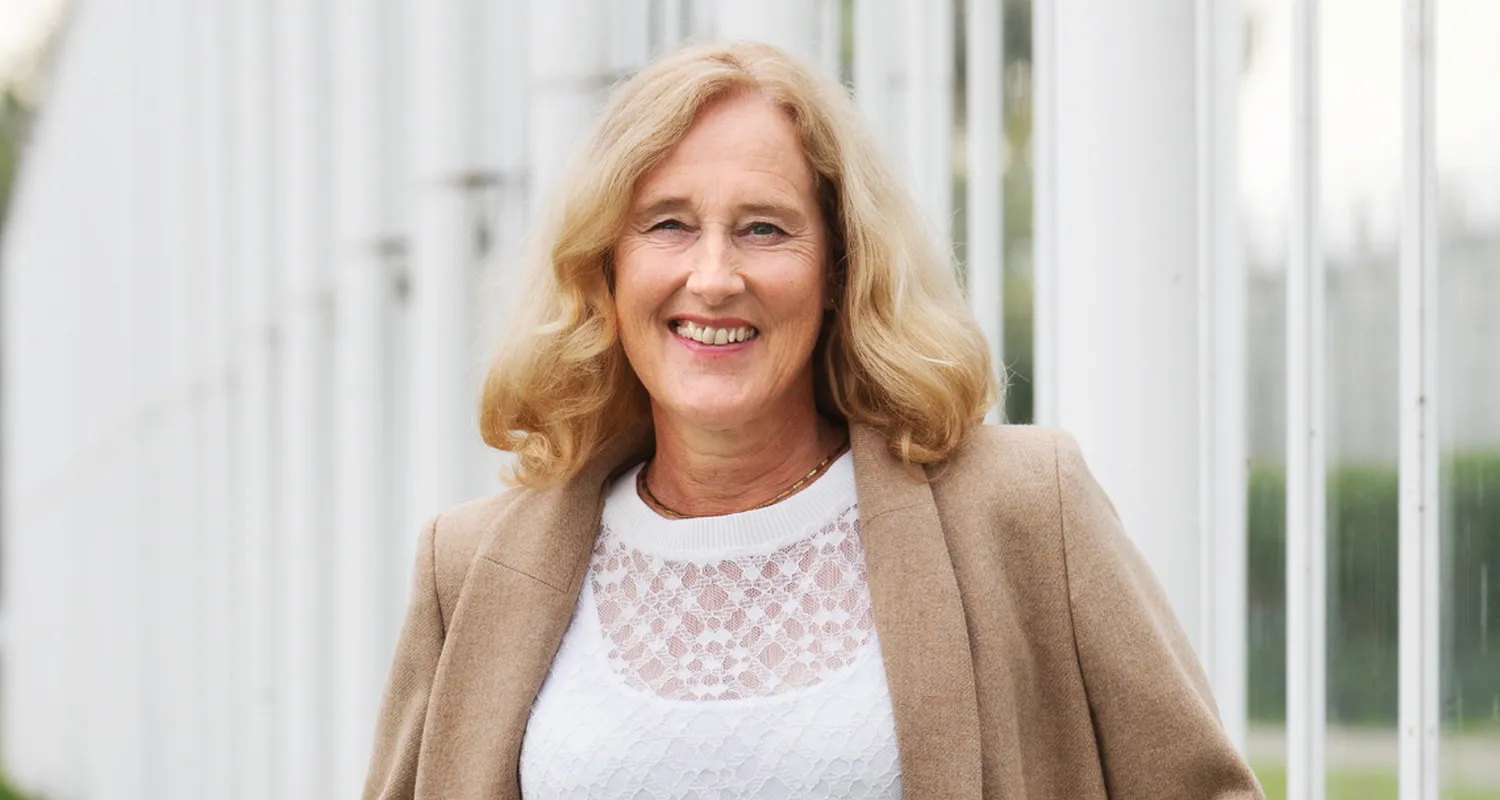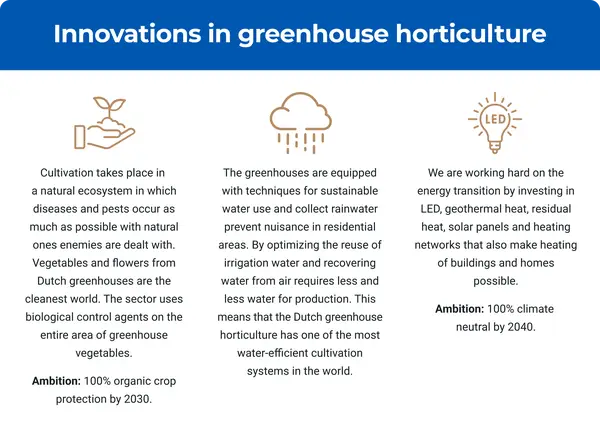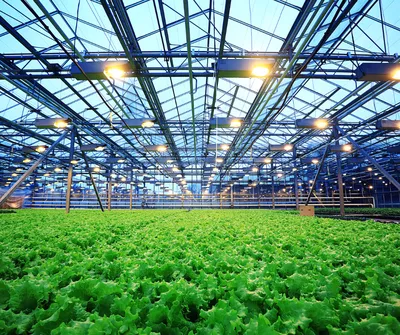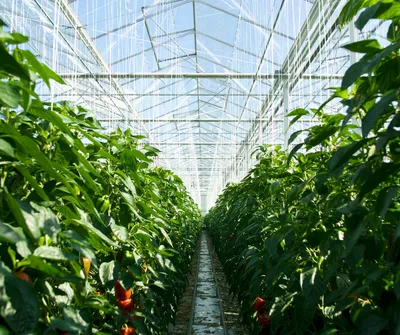You speak with so much passion about the sector. How did you get into it?
Through my past work, I have engaged with many sectors, including economics. This region encompasses nearly all top sectors, such as the Port of Rotterdam, the aerospace expertise of Delft University and, of course, the manufacturing industry in its diverse forms. What draws me to horticulture, however, is its openness and simultaneously being a high-tech cluster. This dual nature is relatively unknown to the outside world, yet there is a rich exchange of knowledge within the sector. We collectively face challenges head-on. Additionally, a new generation is emerging that adopts a comprehensive perspective and recognizes that collaborative advocacy yields the most effective solutions to larger challenges.
Could you specify the types of challenges to which you are referring?
Recently, critical questions have been raised about the sector, a trend that should undoubtedly continue. For instance, with the scarcity of land for housing in the Netherlands, our sector has come under scrutiny. However, any examination should be grounded in facts. Contrary to claims that we are consuming more land, the reality is that our sector occupies only 0.2% of the land area, a figure that has remained stable for years. Moreover, we have significantly increased production within the same surface area, indicating our growing efficiency. Given the challenges posed by climate change, the need for covered cultivation becomes even more pressing. The collaborative strength within the Dutch chain enables innovation, drawing global attention to our techniques, technology usage and approaches to energy transition and water management. The Netherlands provides a comprehensive model, including knowledge transfer regarding cultivation and fresh logistics. The growing interest from private equity firms underscores our sector's attractiveness, recognizing the Netherlands as a leader in addressing global food challenges and highlighting greenhouse horticulture as a leading sector worldwide.
Summary
The Dutch greenhouse horticulture sector, boasting over 3,300 companies, commands an impressive export value of €10.8 billion. This vibrant industry is not just a significant player on the economic front but also a leader in innovation and sustainability. With ambitious goals set for the near future, the sector is on a path to achieving 100% organic crop protection by 2030 and aims to become completely climate-neutral by 2040. The driving force behind this wave of innovation is the Triple Helix model, a synergistic collaboration among governments, universities, and businesses. This partnership fosters a conducive environment for breakthroughs in sustainability and efficiency, underlining the sector's commitment to environmental stewardship and economic growth.
About Glastuinbouw Nederland
Glastuinbouw Nederland stands at the forefront of the Dutch greenhouse horticulture sector as a paramount entrepreneurial network. This organization emerges from the collaboration of various agricultural organizations, aimed at shaping policy and driving innovation across various critical areas including Labour, Energy, Health & Happiness, Plant Health and Water & Environment. Representing 75% of the country's greenhouse horticulture acreage, it embodies the collective force of Dutch growers dedicated to responsibly producing vegetables, flowers and plants. Their goal is to enhance health and well-being in society, balancing consumer expectations with environmental considerations in a financially sustainable way. The protective greenhouse environment enables the optimization of nature's offerings, minimizes pests and diseases and reduces harmful waste while providing diverse career opportunities.





